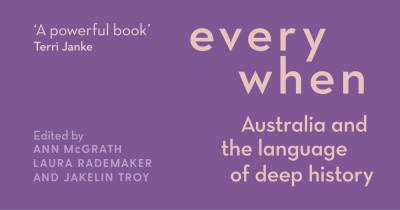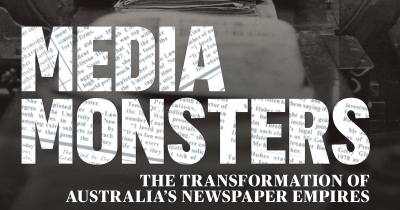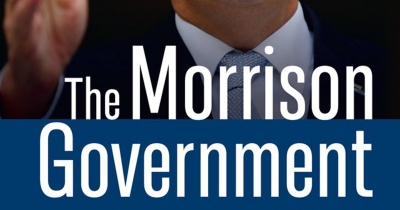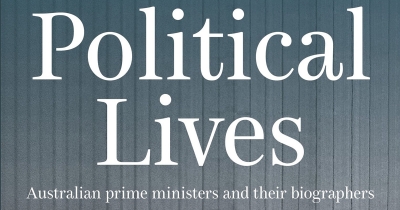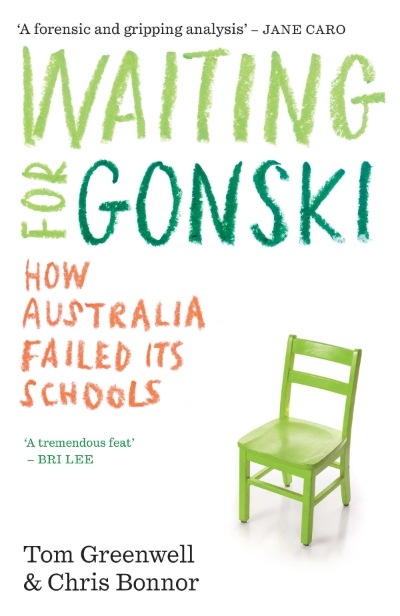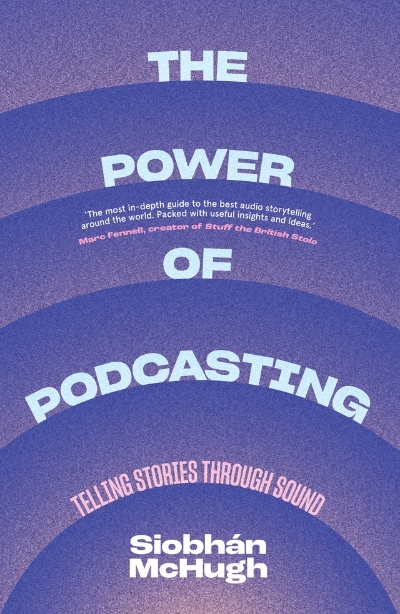UNSW Press
Australia’s Pandemic Exceptionalism: How we crushed the curve but lost the race by Steven Hamilton and Richard Holden
by Johanna Leggatt •
People Power: How Australian referendums are lost and won by George Williams and David Hume
by Anne Twomey •
Conversations With The Constitution: Not Just A Piece Of Paper by Greg Craven
by James Upcher •
Vector: A surprising story of space, time, and mathematical transformation by Robyn Arianrhod
by Michael Lucy •
Everywhen: Australia and the language of deep history edited by Ann McGrath, Laura Rademaker, and Jakelin Troy
by Leonie Stevens •
Media Monsters: The transformation of Australia’s newspaper empires by Sally Young
by Patrick Mullins •
The Morrison Government: Governing through crisis, 2019-2022 edited by Brendan McCaffrie, Michelle Grattan and Chris Wallace
by Patrick Mullins •
Political Lives: Australian prime ministers and their biographers by Chris Wallace
by James Walter •
Waiting for Gonski: How Australia failed its schools by Tom Greenwell and Chris Bonnor
by Ilana Snyder •
The Power of Podcasting: Telling stories through sound by Siobhán McHugh
by Astrid Edwards •





